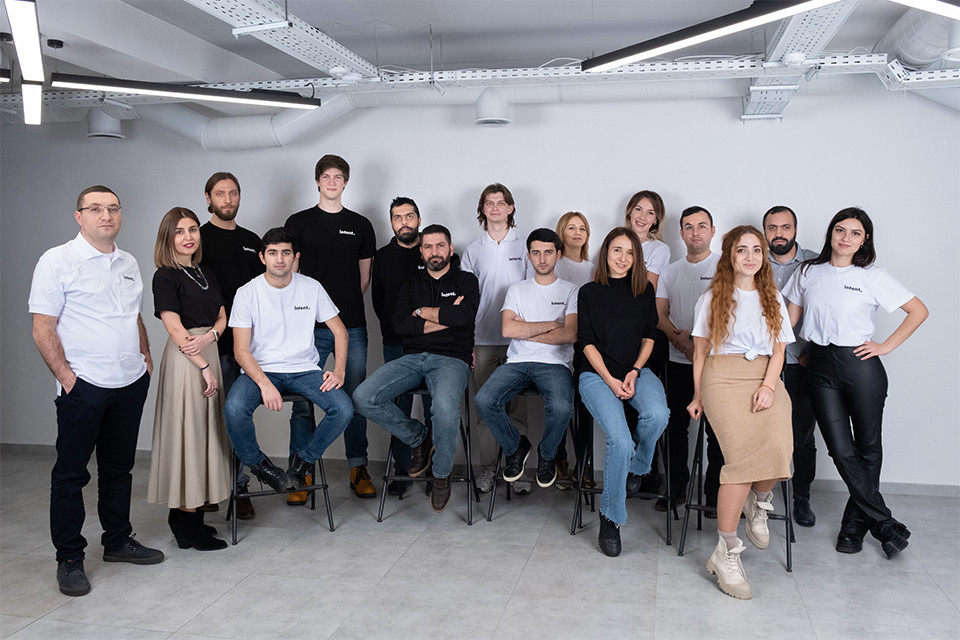-
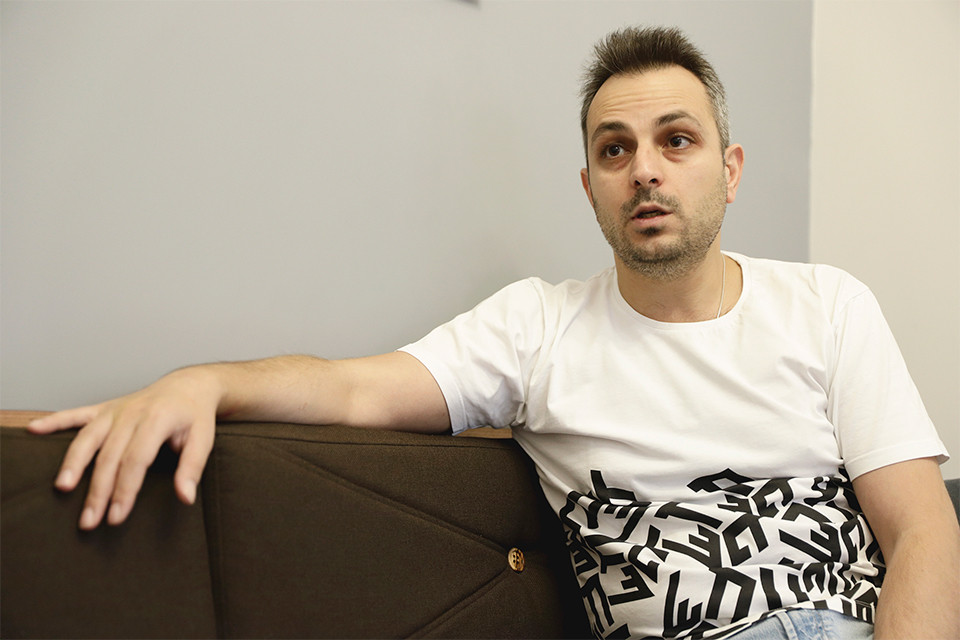
Hovhannes Kuloghlyan
-
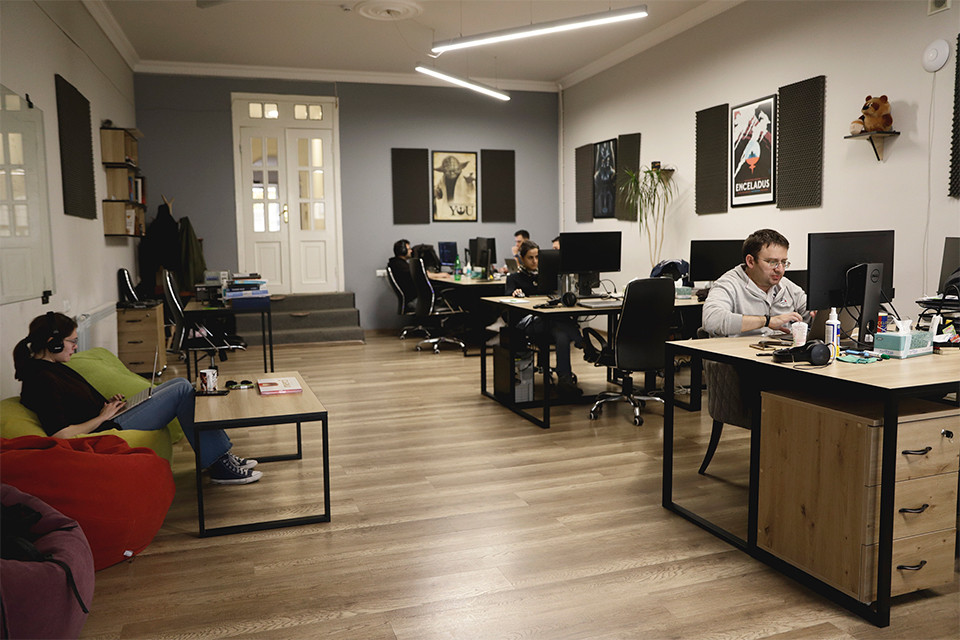
-
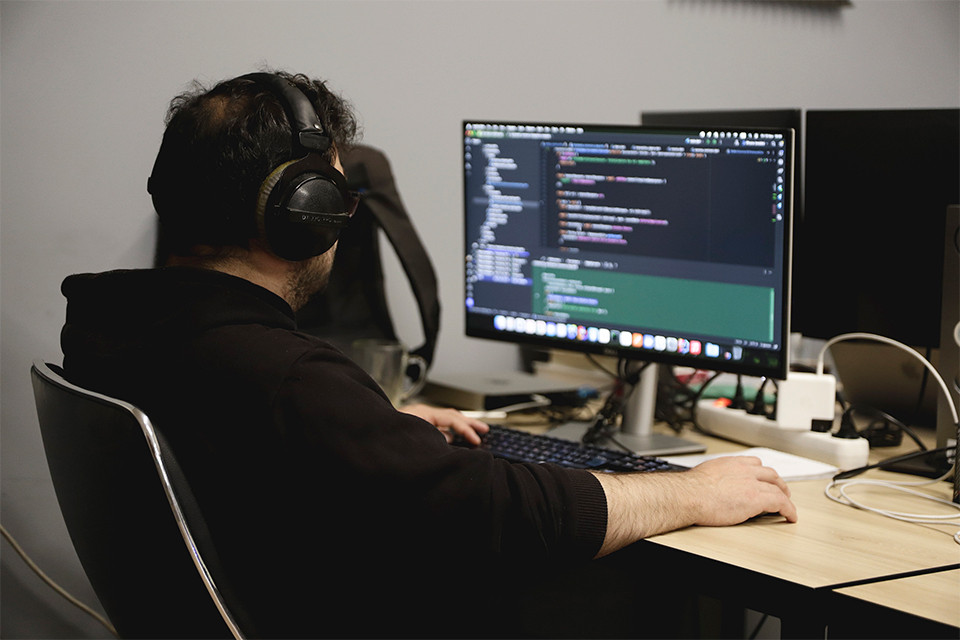
-

-
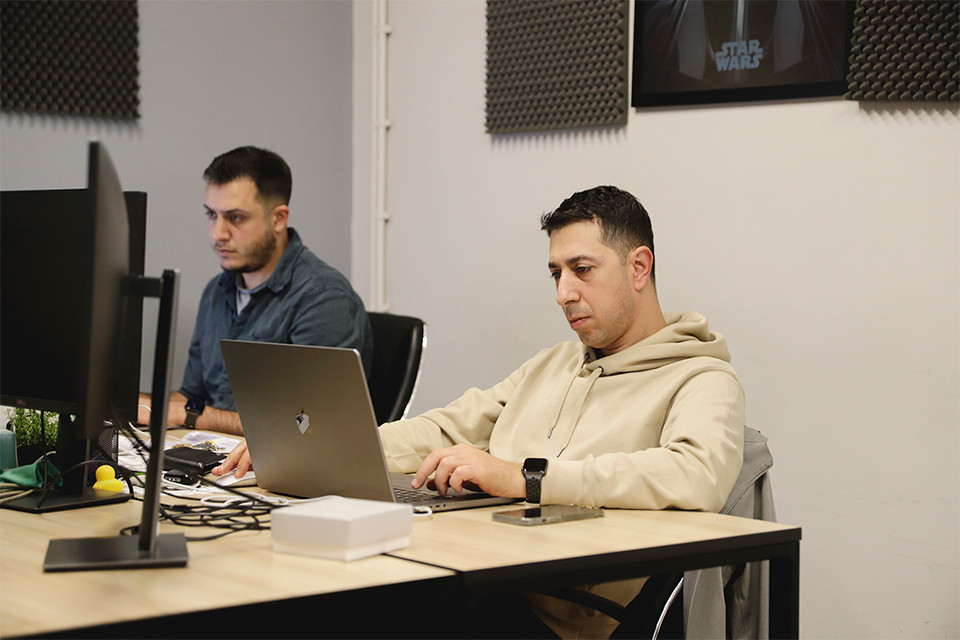
-
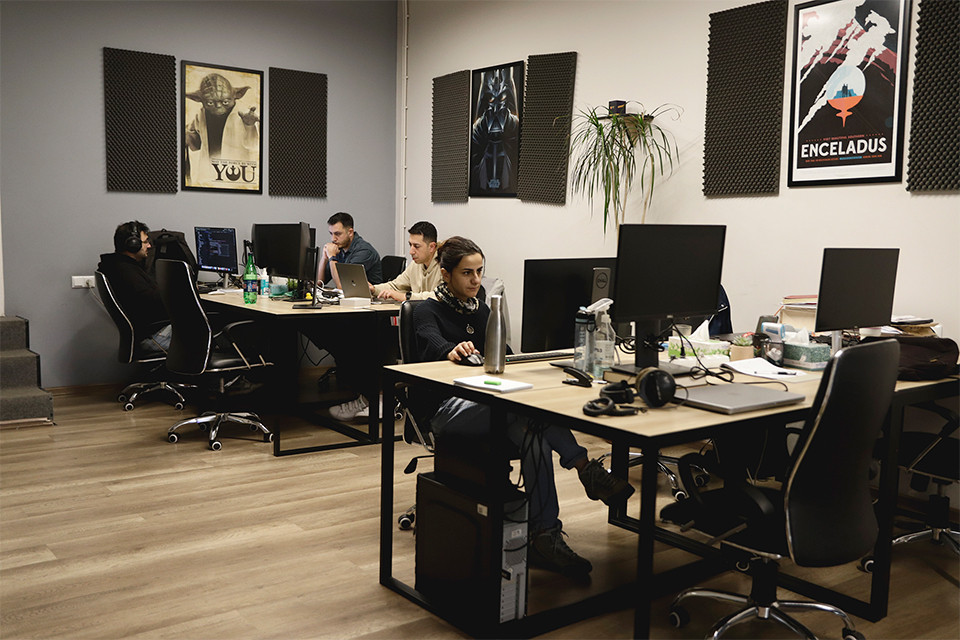
-
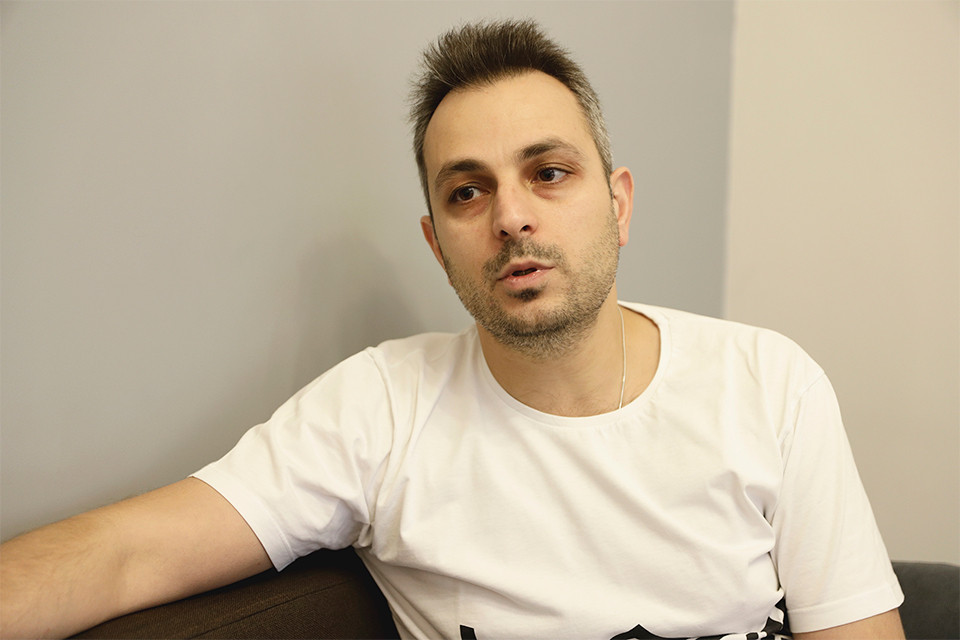
Hovhannes Kuloghlyan
17:14 | 27.11.23 | Articles | exclusive 17030
Hovhannes Kuloghlyan on IT Crisis and Groksmith's Solution
In recent years, significant changes have occurred in the IT world due to the global economic crisis, the COVID-19 pandemic, and shifts in the venture investment market.
Itel.am had a conversation with Hovhannes Kuloghlyan, the founder and CEO of Groksmith, discussing the crisis in the technology sector, challenges faced by Armenian companies, and potential solutions. He also shared his experience overcoming the crisis and Groksmith's successful deals with major international organizations such as Ripple, UEFA, and the Dubai Government Electricity and Water Authority (DEWA).
Venture Capital Market and Changing Trends
The global crisis affecting the business and IT market has various interconnected factors. The most significant influence is the venture capital market and its changing trends.
Looking at recent investment numbers in the United States and globally, we observe an interesting pattern. During the final three months of 2020, investments totaled $46.2 billion. In 2021, this amount doubled, reaching $92.8 billion in the fourth quarter. However, in the last quarter of 2022, it saw a sharp decrease, falling to $32.4 billion.

There was a strong peak in 2021, a significant wave after COVID-19, leading to discussions about a potential bubble that might burst soon. By 2022, venture investments gradually decreased, with a three-fold decrease observed in the 4th quarter.
Startup budgets are mainly allocated to salaries, marketing, and cloud services. The rise in investments also increased engineers' salaries, as companies competed for qualified and talented professionals. In Armenia, the sharp fall in venture investments in 2022 made it challenging for startups to secure new funding, impacting businesses.

COVID-19 and the Globalization of Engineering Talent
The pandemic played a crucial role as it normalized remote work. Companies developing remote work infrastructures experienced rapid growth, creating opportunities for Armenian engineering talent to collaborate directly with international companies.

This globalization of the engineering talent market posed challenges for local service companies in attracting senior professionals. While it opened up endless possibilities for individuals globally, service companies, especially in Armenia, faced difficulties as clients opted to work directly with engineers.
Covid and the Globalization of Engineering Talent
Another crucial factor that impacted us as a service provider was the Covid situation. People got used to working from home and found it to be a viable model, although it comes with its unique aspects. For instance, in startups focusing on product development, where there's intensive work with constant iterations and experiments, maintaining such intensity while working remotely becomes challenging due to the need for constant communication.
During this period, companies that built infrastructures for remote work saw significant growth, creating all the necessary tools from HR services to online calling software.

This resulted in engineering talent in Armenia, which was well-prepared and capable of working with international companies, utilizing these infrastructures to directly collaborate with large international firms.
However, this made it challenging for local companies like ours to attract experienced professionals. The competition for qualified specialists isn't just local; it's a global competition. This trend indicates that the overall engineering talent market is becoming one large global market. If you have the right skills, you can work for any company worldwide. This is a noteworthy trend, especially in the IT sector.
For service companies like ours, this situation complicates matters significantly. Most of our clients are IT companies and startups that have started working directly with engineers, solving their issues without involving "intermediary" companies like ours, as was the practice before.
However, it doesn't imply that there are limited chances for growth and development. It's just the business model that changes, adjusting to the present situation. The solution is to progress in tune with the times, thoroughly analyze market demand and supply before every new venture, and develop products that match them.
Facing Local Challenges and Unfavorable Circumstances
In addition to everything mentioned, we encountered some challenges locally. One of these challenges was the increase in the value of the dram, the local currency. Since most of our income comes in dollars, any fluctuation or a 20-30 percent fall in the exchange rate directly reduces our income. The doubling of engineers' salaries further contributed to the decrease in our earnings. Additionally, the number of potential customers who could have used our services decreased – some existing ones faced crises or had to close. To put it simply, we felt pressure from all directions.
Due to the ongoing war, Armenia became a risk zone. Large international companies became apprehensive about working in the region. Despite numerous wars happening worldwide, each conflict has its own impact.
Companies that successfully navigate through these challenges are the ones that endure. This includes those who collaborate with government institutions, banks, more stable sector companies, and engage in long-term projects. Alternatively, there are companies that are simply fortunate – their clients were not adversely affected by the crisis.
Groksmith's Strategy for Overcoming Challenges
Despite having contracts with large companies and state institutions, Groksmith's main volume of work is still related to startups. Adapting to the crisis, the company became smaller, giving up one branch focused on developing its products. Flexibility and a positive outlook became crucial during these challenging times.
Significant Projects with Ripple and DEWA
Our success in securing major clients is largely due to our network, connections, and reputation. Satisfied clients often recommend us to others, and we've built strong connections based on trust by meeting them in person. Despite the increasing reliance on online interactions, face-to-face contact still plays a crucial role for us. We've been in operation for 8 years.

My cooperation with Ripple began when I worked with them as a contract employee. Over time, we evolved into a company collaboration. This marks our first venture into blockchain technologies, starting in 2015. When I became familiar with Ripple's technological solutions, I found them intriguing and appealing.
The initial concept behind blockchain systems was to create an alternative financial system. Ripple embraced this ideology, taking the idea of information storage and applying it to the traditional financial world model. This allowed the relationships in the classical financial world to be incorporated into the blockchain.
Similar to the classic financial world's reserve currency, the universally recognized US dollar, Ripple has its own system with the XRP currency serving the same function.
Our long-standing collaboration with Ripple involved connecting existing classic banking infrastructures with Ripple networks, using the Bank API to facilitate international transfers and transactions through the new system. Essentially, we've created a competitor to Swift, enabling banks to conduct transactions more affordably and quickly.
Collaborating with the Dubai Electricity and Water Authority (DEWA), responsible for managing the city's entire electrical and water infrastructure, we embarked on a project to develop a virtual power plant. In Dubai's hot climate, people use air conditioners during the day, increasing electricity costs. Thousands of solar plants in Dubai, owned by individuals and private companies, operate actively at times and are passive at others. Our challenge was to create a virtual power plant with unified control of solar panels and batteries, facilitating targeted redistribution of electricity in the network.
 Hovhannes Kuloghlyan
Hovhannes Kuloghlyan
Our joint efforts on this project, lasting approximately three years, involved developing virtual power plant software and a system integrated with blockchain. This experience was unique, combining elements of both the energy sector and blockchain technology.
All our projects have varied in nature, each having its own distinct features. Over time, we've shifted our focus to fintech, real estate, and the energy sectors. Solving complex engineering problems is something we genuinely enjoy.
Nune Grigoryan

17:29 | 24.09.25 | Articles
Jacopo Losso on Cross-Border Investments and Why Armenia Attracts Angels



